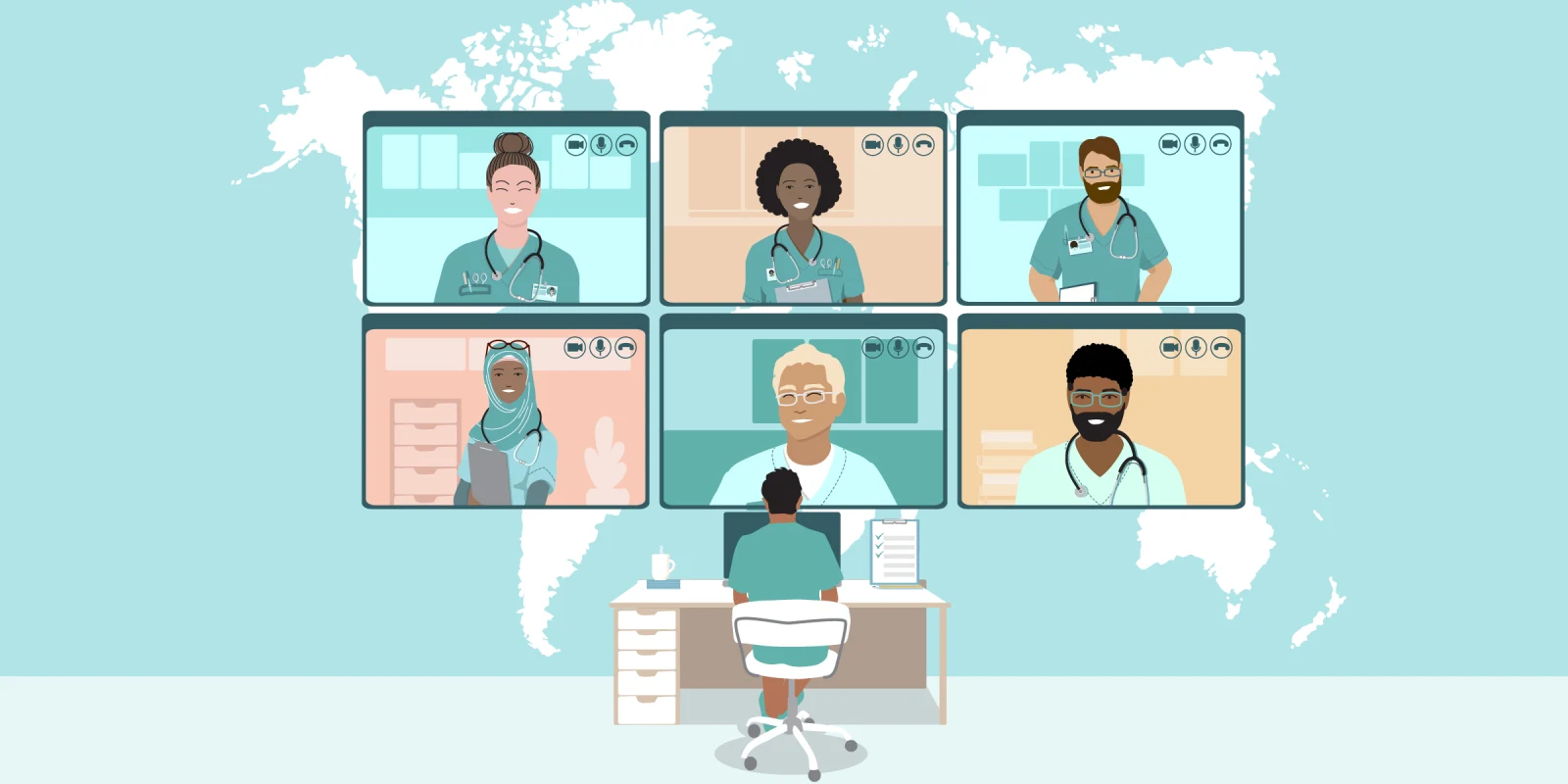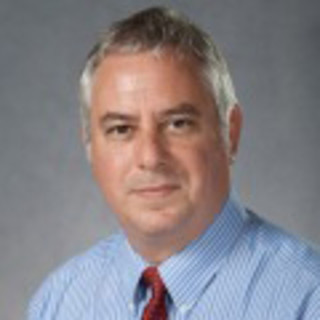Like every other year, starting immediately after the 2019 national ACR meeting concluded, we began work on the meeting for 2020. The volunteers of the Planning Committee perform much of the programming of the invited sessions, with heavy reliance on advice from our colleagues in the ACR leadership and the Committee on Research. By the time March rolled around, we had completed our basic plans, replete with a preliminary list of topics and speakers. Gradually, the communications to speakers went out, and titles and learning objectives were agreed upon. We were very busy and didn’t realize that most of us were in denial about how serious the pandemic was becoming and how it would increasingly impact our lives and our aspirations. When May came around, many of us were shocked when it was announced that the European rheumatology meeting, EULAR, would go to a virtual format.
By June, it was clear that we seriously needed to consider the same choice. But our ACR meeting had always been a place to meet face-to-face. Should we now cancel the meeting? Or plan for an in-person meeting, or for a virtual meeting, or for a hybrid meeting? Our freedom to choose was narrowing day-by-day, and the tipping point may have been when we learned that the convention center we had planned to use for the meeting was being used as a field hospital for COVID-19 patients. We had to accept that the pandemic was not going away anytime soon.
After much hand-wringing and debate, we agreed to move forward. Every session had to be revisited, and we needed to learn how to shift to a somewhat abbreviated and more focused program. To address the virtual program fatigue associated with long back-to-back days of these sessions, the length of talks needed to be shortened. We therefore needed to recontact every speaker, and cajole them to commit to prerecording their sessions. In most cases, we also needed to have speakers promise to tune in at the time of their scheduled session and be at the ready to respond to inquiries during the expanded interactive Q&A periods.
But in a world in which we have become saturated with WebEx and Zoom sessions, would our membership be interested in a virtual ACR meeting? Independent of the clinical and scientific content, exit interviews from previous years’ ACR meetings have highlighted that attendees also highly value opportunities to reconnect with old friends and colleagues, as well as make new acquaintances. We also appreciate the chance conversations that lead to new projects and collaborations. And should we risk our organization’s reputation and take a chance by trying to also redefine our meeting as the preeminent “Convergence” of rheumatologists and allied professionals?
We adapted, but were we successful? The meeting ended last Monday, and the results are truly impressive. With more than 16,000 registrants, we had eclipsed all previous years — at any time more than 6,000 connections with iPhones, laptops, and desk computers were tuned in to an ACR session. The change in format also provided the impetus to heighten the presence of social media at our meeting. And in some ways, the sessions worked better. While only a handful of programs were deferred to next year, the great majority were streamlined with enhanced focus and linearity. Unexpectedly, many of the moderators had the impression that Q&A at the end of these programs went more efficiently, with the moderator reading, clarifying, and grouping the questions, and at times helping the speaker to better engage with the virtual audience.
With each sequential day the program gathered momentum, and we did not see the usual fatigue and early departures of attendees that is unavoidable when the demands of the meeting are compounded by the stressors of absences from practice, family, and time lost due to travel. Could it be that the dark periods of the pandemic, with shutdowns and forced shelter-at-home orders, had built up an absolute need for each of us to reconnect with our community? The mood may well have peaked early on the last day with the Monday morning announcement that the first COVID-19 vaccine had surpassed all FDA preliminary thresholds!
The 2020 ACR Convergence meeting delivered on its promise. Our community came together, and even a Pandemic could not stop us from celebrating the science, the clinical insights, and our camaraderie, which is at the core of why we became rheumatologists.







